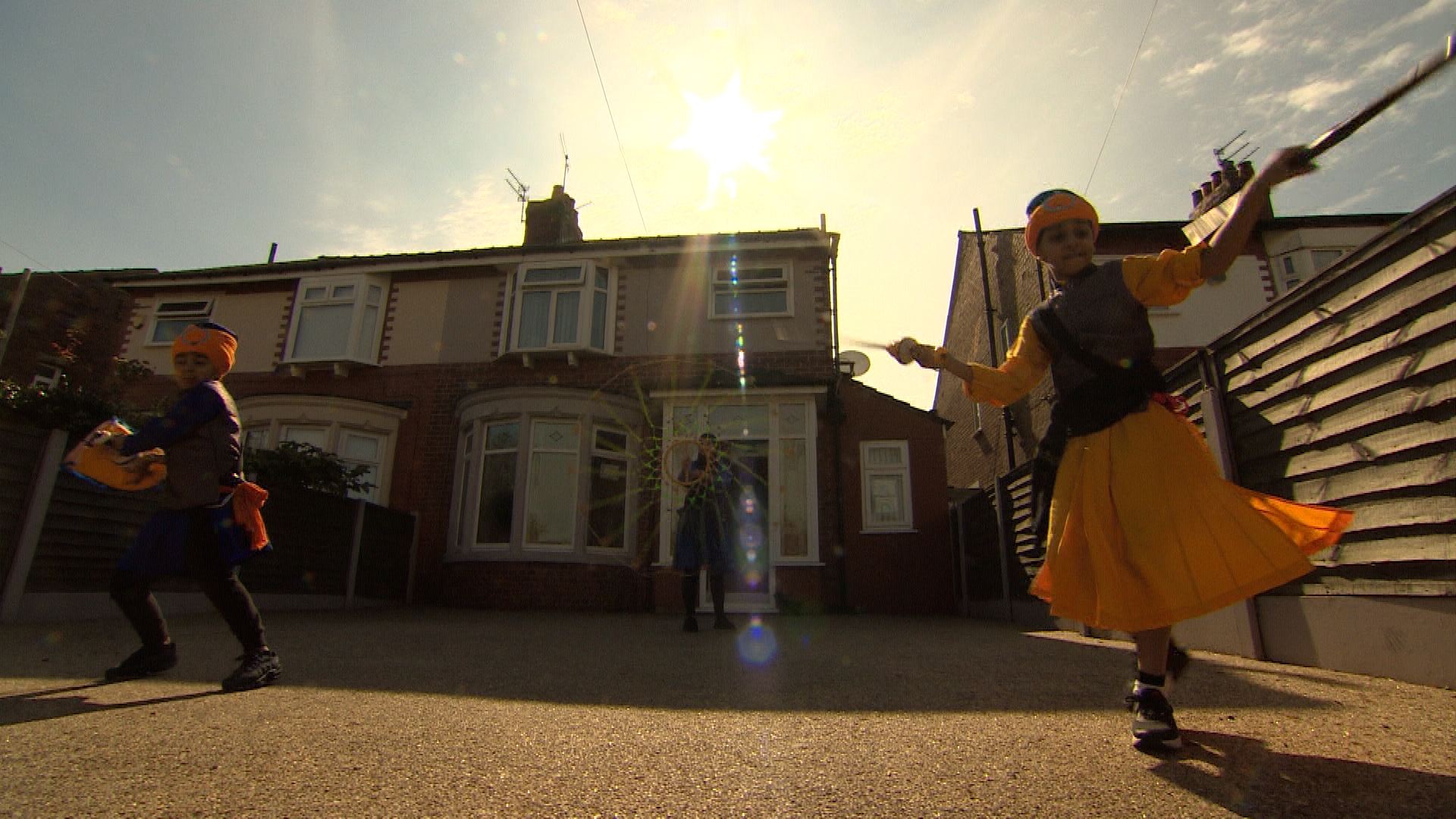The Bahá’í Faith, a relatively nascent yet profound religion, celebrates numerous auspicious days that exemplify its core tenets. Among these, Ridván, acknowledged as the holiest day, beckons profound reverence and significance within the Bahá’í calendar. This festival marks the inception of Bahá’u’lláh’s declaration of His prophetic mission, an event that holds an unparalleled place in Bahá’í beliefs. Celebrated annually from April 21 to May 2, Ridván serves not only as a commemoration of Bahá’u’lláh’s ascension but also as a reminder of the movement towards unity and the manifestation of divine teachings. This article elucidates the multifaceted aspects of Ridván, encapsulating its historical importance, celebrations, spiritual reflections, and the overall message of unity that permeates the teachings of the Bahá’í Faith.
Understanding the historical context of Ridván is paramount to appreciating its significance. In 1863, Bahá’u’lláh revealed Himself to be the Promised One of all religions while residing in a garden near Baghdad, known as Ridván. The garden, a symbol of beauty and tranquility, served as the backdrop for the declaration that would ignite the flame of the Bahá’í Faith. This proclamation, which was met with both acceptance and opposition, not only transformed the landscape of spiritual thought at the time but also set forth a new paradigm of inclusivity and oneness. Accordingly, the Bahá’í community commemorates this event as the foundation of their faith, acknowledging it as a pivotal moment in the ongoing narrative of spiritual evolution.
Celebrating Ridván encompasses a variety of communal and personal observances, reflected through both formal and informal gatherings. The first day, marking Bahá’u’lláh’s declaration, is celebrated with exuberant festivities that often include prayers, music, and communal meals. Bahá’ís convene in homes or community centers, engaging in devotional practices that emphasize unity and peace. The essence of this celebration extends beyond mere commemoration; it serves as a reaffirmation of the commitment to the teachings of Bahá’u’lláh, inspiring individuals to foster solidarity among diverse communities.
The nine-day festival further unfolds during the subsequent days, where each day holds a particular significance. The second day is dedicated to the declaration made to the gathered disciples, solidifying their allegiance. The third day venerates the establishment of the Akka, the Bahá’í World Centre, which represents the administrative and spiritual heart of the Faith. Each subsequent day offers Bahá’ís an opportunity to reflect deeply on the teachings and principles articulated by Bahá’u’lláh, merging collective joy with individual introspection.
In addition to celebratory events, Ridván serves as a moment for spiritual reflection and recommitment to the principles of the Bahá’í Faith. It is a period for Bahá’ís to engage in acts of service, promoting social justice and community welfare. The focus on altruism and collective enhancement aligns with the core Bahá’í teachings of oneness and harmony. As Bahá’ís adorn their environments with decorations and symbols that represent their faith, they simultaneously encapsulate the vibrant tapestry of diversity the world holds. Acts of kindness and charity often proliferate during this time, reinforcing the notion that every individual is a mirror reflecting the light of divinity.
The narratives intertwined with Ridván emphasize the critical importance of unity and global peace. Bahá’u’lláh’s teachings advocate for the dissolution of prejudices, the eradication of poverty, and the promotion of gender equality. Each celebration during Ridván reaffirms these commitments, thereby fostering a collective consciousness that extends beyond traditional boundaries. The community adopts principles such as consultation and collective decision-making, empowering each member to contribute actively to the wellbeing of society at large. Thus, Ridván is a reminder of the potential for humanity to evolve toward a more just and harmonious existence.
Moreover, the significance of Ridván transcends the mere observance of tradition. It invites individuals to reconnect spiritually, to ponder the implications of Bahá’u’lláh’s teachings, and to discern their roles within a global context. As Bahá’ís commemorate the day, they contemplate their responsibility to embody the principles of their faith. Engagement in meaningful discussions about contemporary issues further illustrates the applicability of Bahá’í teachings in today’s complex world. Ridván resonates with the notion that the spiritual and the social are intricately linked, prompting Bahá’ís to contribute positively to the narrative of humanity.
Ultimately, Ridván emerges as a beacon of light within the Bahá’í community, transcending mere festivity to embody the essence of the Faith itself. It is an invitation to reflect profound gratitude towards the manifestations of God and to embrace the unity of all peoples. By understanding the significance of this sacred period, both Bahá’ís and non-Bahá’ís alike may find inspiration in the ideals of unity, peace, and service. Ridván, thus, is not only a time for celebration; it is a call to action, urging individuals to integrate Bahá’í principles into their daily lives, enhancing the collective human experience.
As the Bahá’í community invites all to partake in the blessings of Ridván, it simultaneously asserts a vision for a world epitomized by cooperation and understanding. This celebration serves as a reminder that, although the journey towards unity and spiritual realization is often fraught with challenges, the intrinsic power of love and compassion can illuminate the path forward.
